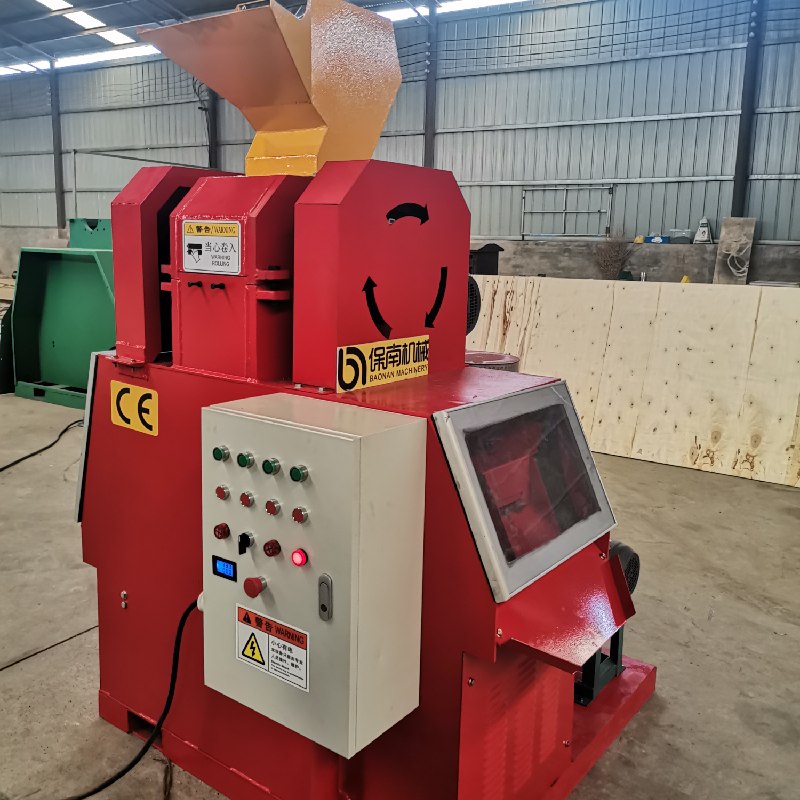
10 月 . 08, 2024 07:15 Back to list
The Importance of Aluminium Recycling Plants
Aluminium is one of the most widely used metals in the world due to its lightweight, durability, and resistance to corrosion. From aircraft to automobiles, and even in packaging materials, aluminium plays a critical role in many industries. However, the production of aluminium from raw materials is energy-intensive and environmentally taxing. This is where aluminium recycling plants come into play, offering a sustainable solution to meet the growing demand for this versatile metal while simultaneously protecting the planet.
Aluminium recycling plants are facilities specifically designed to process used aluminium products, recover the metal, and prepare it for reuse. The recycling process begins with the collection of scrap aluminium, which can come from various sources such as beverage cans, construction materials, and electronic devices. Once collected, the aluminium is cleaned and sorted to remove contaminants such as plastic and steel. This step is crucial, as impurities can affect the quality of the recycled aluminium.
After sorting, the next phase involves shredding the scrap into small pieces, making it easier to melt down. The shredded material is then heated in large furnaces, typically using less energy than the production of primary aluminium from ore. In fact, recycling aluminium saves about 95% of the energy required to produce new aluminium, significantly reducing greenhouse gas emissions and reliance on fossil fuels. The molten metal is then poured into molds to create ingots, which can be transported to manufacturers for the production of new products.

One of the notable benefits of aluminium recycling is its ability to maintain the quality of the metal. Unlike many other materials, aluminium can be recycled indefinitely without degrading its properties. This makes it a highly sustainable material, contributing to a circular economy where products are reused and recycled rather than discarded. The establishment of more recycling plants helps to close the loop in aluminium production, ensuring that waste is minimized and resources are conserved.
Furthermore, aluminium recycling plants play a vital role in job creation and economic development. They provide employment opportunities in various sectors, including collection, sorting, processing, and distribution. In addition, the increased demand for recycled aluminium means that local economies can benefit from the reduced need for new raw materials, thereby fostering economic resilience.
Governments and organizations around the world are recognizing the importance of recycling and are investing in aluminium recycling infrastructure. Incentives and initiatives aimed at promoting recycling not only help to raise awareness but also encourage consumers to participate in recycling programs. Educational campaigns inform the public about the benefits of recycling aluminium, making it a community effort.
In conclusion, aluminium recycling plants are a cornerstone of sustainable development. By efficiently processing scrap aluminium, these facilities reduce the environmental impact of aluminium production, conserve energy, and support local economies. As the world continues to grapple with the challenges of waste and resource management, the role of aluminium recycling plants will only grow in significance, paving the way for a more sustainable future. Embracing a circular economy through effective recycling practices is not just beneficial but necessary for the health of our planet and future generations.
Latest news
Unveiling the Power of Eddy Current Separator
NewsSep.25,2024
Transform Your Home Recyclin:home metal shredder
NewsSep.25,2024
The Future of Waste Management with Recycling Line Picker
NewsSep.25,2024
The Benefits of a Metal Recycling Plant
NewsSep.25,2024
Revolutionize Material Separation with Onwang Technology
NewsSep.25,2024
Innovative Waste Management: Unveiling the MSW Sorting Plant
NewsSep.25,2024